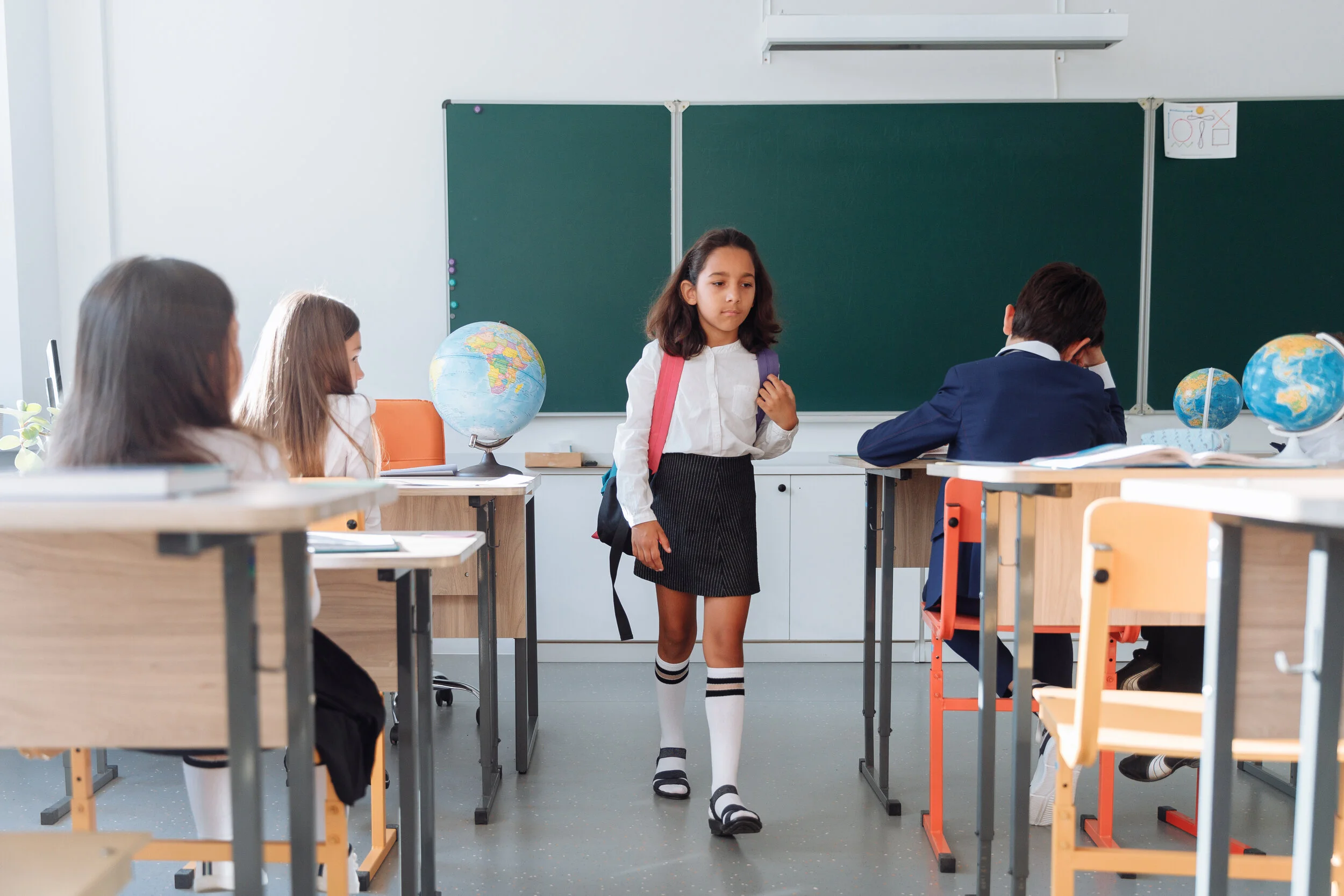Behind each challenging behavior is a skill that hasn’t been developed and an unsolved problem with solutions that haven’t been discovered. Dr. Ross Greene’s approach can help parents and teachers work proactively and collaboratively with their children and students to find solutions to these problems and develop their social emotional skills along the way. Read more about these three steps and how they can help with responding to challenging behaviors.
Viewing entries tagged
self-regulation
As parents and educators we cannot take away the fears and anxieties of our children, as much as we’d like to but we can help our children understand their emotions and provide them with the tools to feel better. Check out our blog for tips on teaching children about anxiety and fear, and superpowers for managing these big emotions.
There are many different mindful activities that can help children sleep better, strengthen their ability to focus, and improve their ability to regulate their emotions. Meditations are a unique opportunity for children to independently find stillness, reflect, and start or end their day on a positive note. Check out our blog for more on the benefits of meditations and how to use them with your child.
We know learning how to lose is a skill that needs to be practiced because even as adults, we don’t like to lose and some people may react more strongly than others. As our children grow, their competitive nature can also grow with them. We can model for them how to lose graciously and how to celebrate the journey that is the activity or competition itself. Read more about how to teach these important skills to your child.





